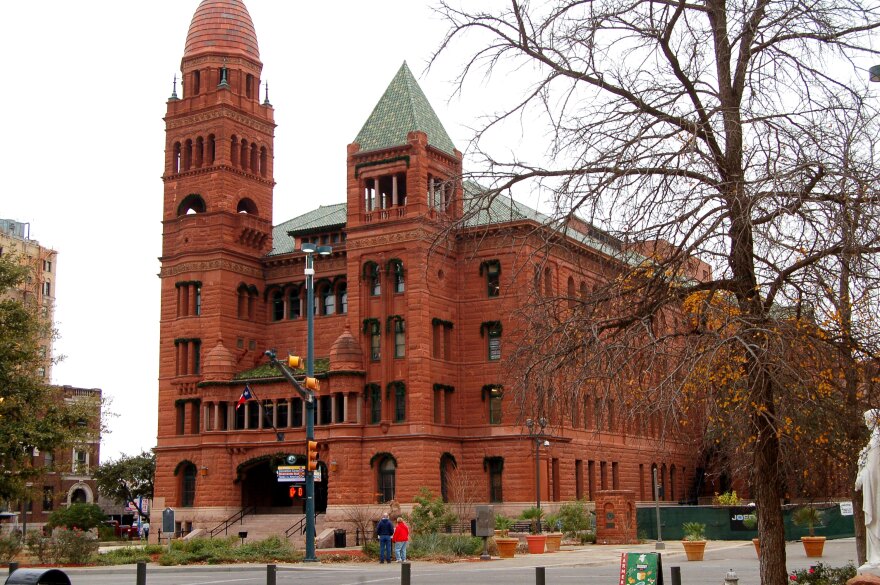Bexar County Commissioners Tuesday heard an update on local unemployment and efforts to put residents back to work in the midst of a pandemic.
Government employment agencies Workforce Solutions Alamo and SA Works report unemployment hit its peak in April at nearly 12% and has been cut in half since then.
More than 337,000 people have filed for unemployment since last year. Many are under the age of 34, and 80% of them have a high school diploma or less.
The local jobs most in demand now require a higher education and skilled training. The local industries with more openings than candidates to fill them include health care, transportation and computer- or math-related occupations.
Local industries turning job applicants away include food preparation or serving, office support and construction/excavation.
County staffers told commissioners that some people who lost their jobs during the pandemic may choose to claim unemployment benefits while they are eligible instead of seeking paid job assistance training.
Others fear working in jobs may expose them to COVID-19 or say they must care for family members with the illness.
The city and county offer back-to-work programs that include a package of job training, housing assistance and child care assistance.
Bexar County Judge Nelson Wolff urged Workforce Solutions Alamo and SA Works to focus on getting students into the job pipeline at an early age so they can land skilled and higher-paying jobs.
The 80-year-old Wolff, who has served as county judge for two decades and previously as a mayor of San Antonio, said education and skilled training have proven to be the way to create more lucrative jobs locally.
Commissioners also approved agendas to attempt to push through the new Congress and the new Texas Legislature. Some items appear on both the state and national agendas.
The federal agenda includes support of legislation for improvements to air quality, health and behavioral health, criminal justice and better digital access.
County commissioners are also backing federal legislation that boosts economic development, protects election integrity, betters parks and promotes local military missions.
Federal assistance on workforce development and transportation issues are also sought after.
Wolff said he was especially interested in federal infrastructure dollars for West Side creeks, such as the San Pedro Creek Culture Park project that cuts a couple of miles through the West Side of downtown and is expected to be a major economic driver in the future in what was a sleepy part of the city. The creek project has already helped lure to its banks a new federal courthouse, new businesses, condos, and apartments and a planned downtown expansion by the University of Texas at San Antonio for buildings to house business and cyber security classes.
Commissioners also approved an agenda for the Texas legislative session that includes state expansion of Medicaid, better election integrity, more digital inclusion and criminal justice reforms.
The criminal justice reforms are designed to reduce the county jail population, through cite and release using officer discretion, bail reforms and higher triggers for parole revocation or student expulsion into the juvenile justice system.
Commissioners also back legislation that expands virtual court settings during the pandemic.
Other state agenda items include legislation that would allow Bexar County voters to decide if vehicle registration fees should be increased by ten dollars to fund transportation improvements.
The county has hired consultants to lobby lawmakers in Austin and Washington, D.C., on behalf of the county.
Learn more at sanantonio.gov or bexar.org. State job assistance is available at workforceolutionsalamo.org.
TPR was founded by and is supported by our community. If you value our commitment to the highest standards of responsible journalism and are able to do so, please consider making your gift of support today.


